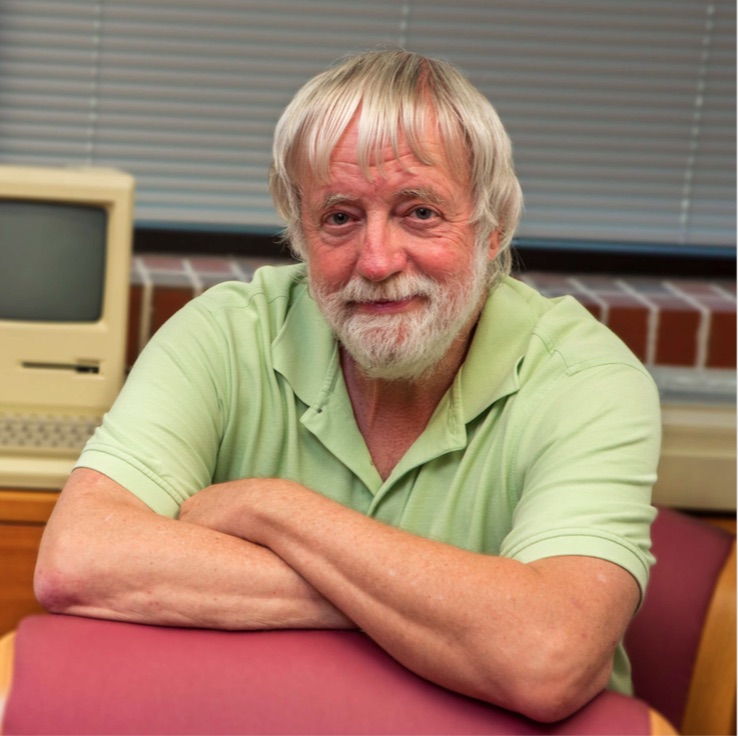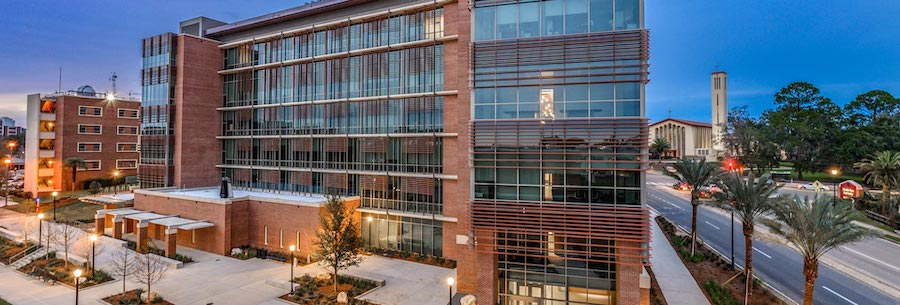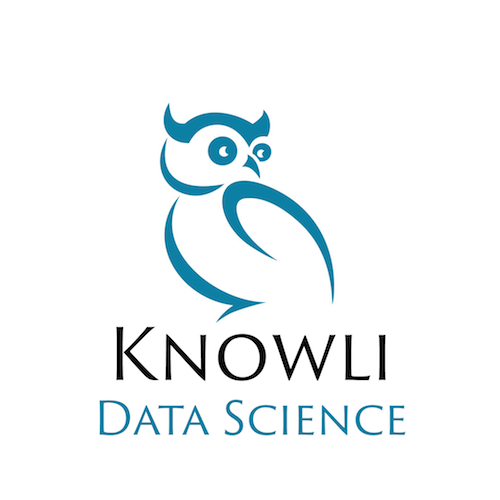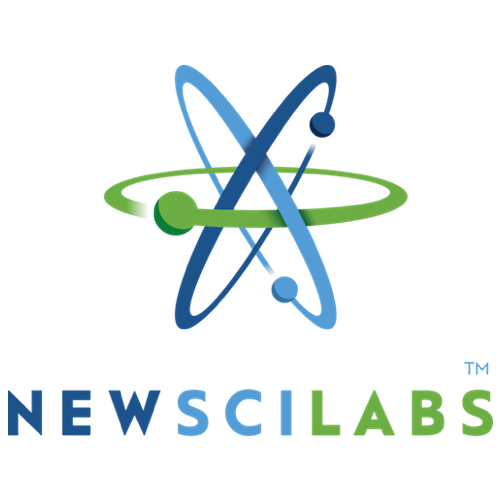 Max Gunzburger
Max GunzburgerDepartment of Scientific Computing,
Florida State University

"Data science before the machine learning bandwagon came to town"
Apr 16, 2022
Agenda:
* All times are Eastern Time (US and Canada)
09:05 AM - 10:15 AM - Lecture 1 Video Lecture 1 Slides (page #1)
10:15 AM - 10:45 AM - Morning Break (30 min)
10:45 AM - 12:00 PM - Lecture 2 Video Lecture 2 Slides (page #108)
12:00 PM - 01:30 PM - Lunch (90 min)
(provided for pre-registered in-person attendees)
01:30 PM - 01:35 PM - Welcome
01:35 PM - 02:45 PM - Lecture 3 Video Lecture 3 Slides (page #217)
02:45 PM - 03:15 PM - Mid Afternoon Break (30 min)
03:15 PM - 04:30 PM - Lecture 4 Video Lecture 4 Slides (page #318)
04:30 PM - 04:40 PM - Late Afternoon Break (10 min)
04:40 PM - 05:15 PM - Lecture 5 Video Lecture 5 Slides (page #437)
Location:
Abstract:
In recent years, interest in "new" approaches in data science and machine learning such as the use of neural networks has exploded. However, some of those interested in jumping onto that bandwagon may not have a good background in ancient or recent developments in more traditional data science algorithms such as, among others and some in greater detail than others (Monte Carlo methods, compressed sensing, reduced-order modeling, multilevel and multifidelity methods, polynomial chaos, sparse grids, support vector machines, etc.) each of which have proved to be useful in at least some and, in some cases, many application settings. As a result, researchers in and users of the new approaches alluded to above may find it difficult to compare the results of their research with what can be done using other approaches. They also may find it difficult to combine the new approaches with the older ones to construct, as is currently being done by numerous researchers, even better machine learning algorithms.
The lectures are meant to give participants, including those not necessarily interested in the "new" approaches, a quick and dirty introduction to alternate approaches to data science such as, among others, Monte Carlo methods, compressed sensing, reduced-order modeling, multilevel and multifidelity methods, polynomial chaos, and sparse grids. Of course, a short course cannot hope to cover everything so that a particular foci of the course are settings in which obtaining lots of data have to be collected and in which obtaining that data is a very costly endeavor. Uncertainty quantification of complex systems is used to provide a specific context for the presentation.
The course requires little knowledge of the underlying subject areas such as probability, statistics, mathematics, and numerical methods so that the presentations should be, for the most part, understandable to even STEM-related advanced undergraduate students.
Potential participants who are trying to decide whether or not to take the course are welcome to contact the lecturer at This email address is being protected from spambots. You need JavaScript enabled to view it. for more information.
Participants will receive a certificate upon completion of the course.




